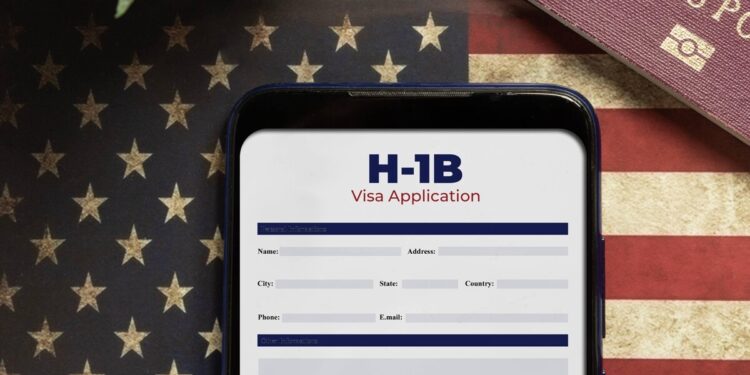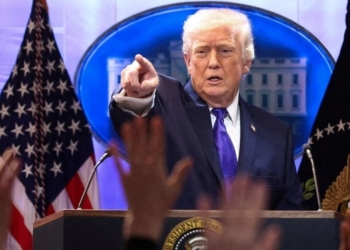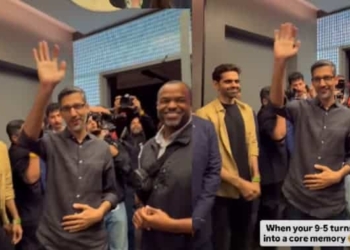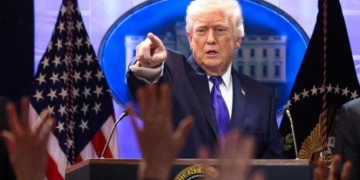Tech giant Microsoft and banking major JPMorgan have issued urgent advisories to their employees holding H-1B and H-4 visas, asking them to stay in the United States and avoid international travel.
This comes in the wake of US President Donald Trump’s latest proclamation, which imposes a hefty $100,000 fee on new H-1B visa applications. The rule will take effect on September 21 and remain in place for 12 months.
Microsoft’s Internal Advisory
In an internal email seen by Reuters, Microsoft strongly recommended that employees holding H-1B and H-4 visas return to the US before the deadline. “We strongly recommend H-1B and H-4 visa holders return to the US tomorrow before the deadline,” the email read. The company further urged employees to remain in the United States “for the foreseeable future” to avoid legal and immigration complications.
JPMorgan’s Travel Warning
Similarly, JPMorgan’s outside immigration counsel issued guidance to its H-1B employees, advising them to remain within the United States and refrain from any international travel until further notice. The company cited the uncertainty around immigration policy changes and potential delays in re-entry as reasons for the advisory.
Trump’s Proclamation Targets H-1B Abuse
Announcing the move on Friday (local time), President Trump accused several information technology firms of “manipulating the H-1B visa system” to replace American workers with cheaper, lower-skilled foreign labor. “The H-1B nonimmigrant visa program was created to bring temporary workers into the United States to perform additive, high-skilled functions, but it has been deliberately exploited,” Trump said.
He further claimed that misuse of the visa program posed a national security threat, citing investigations into outsourcing firms allegedly engaged in visa fraud, money laundering, and other illicit activities.
Impact on Indian Diaspora and IT Industry
Indians make up over 70% of H-1B visa holders, meaning the fee hike and restrictions are expected to disproportionately affect the Indian diaspora. Large US technology firms, many of which rely on Indian talent to fill critical positions, may face hiring challenges and increased costs.
At a White House press briefing, US Commerce Secretary Howard Lutnick said the measure aims to ensure that “US companies hire more American talent while sending less valuable foreign workers back to their home countries.”
Broader Immigration Crackdown
This move is part of Trump’s broader immigration crackdown in his second term, following earlier attempts to narrow the list of qualifying jobs for H-1B workers—efforts that previously faced legal pushback. The new rule is currently set to expire in a year but may be extended depending on the administration’s assessment of its impact.





























